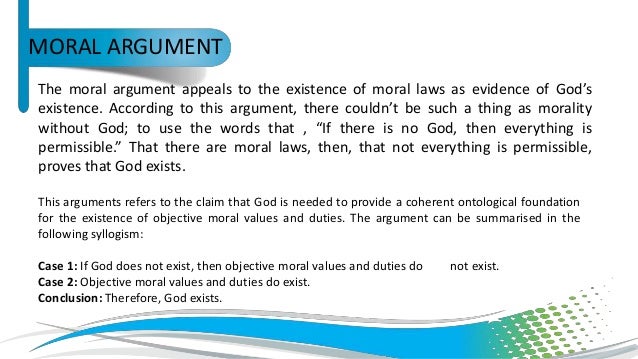

- #Dialogue on good evil and the existence of god summary series
- #Dialogue on good evil and the existence of god summary free
The cookie is set by GDPR cookie consent to record the user consent for the cookies in the category "Functional". The cookie is used to store the user consent for the cookies in the category "Analytics". This cookie is set by GDPR Cookie Consent plugin. These cookies ensure basic functionalities and security features of the website, anonymously. Necessary cookies are absolutely essential for the website to function properly. A Dialogue on Personal Identity and Immortality. Perry has succeeded in providing a clear and engaging introductory-level discussion of the logical problem of evil, which will appeal to both new philosophy students and the average Joe or Mary on the street who has only a few hours per year to read philosophy. However, it is difficult to fault an introductory-level book for not doing something it feels would take it too far afield - it is sufficient that Perry acknowledges that those questions are in fact legitimate ones (although he has Weirob realize too late that she should not have taken them for granted).
#Dialogue on good evil and the existence of god summary free
I would have liked Perry’s book better had he actively pursued such questions as whether free will is in fact coherent, or whether any theodicy is in fact plausible.

Such digressions serve not only add a familiar feel to the discussions, but to point out certain pitfalls that should be avoided in such debates. On occasion, Weirob and Miller each also gets emotional or goes off on a tangent, but each is quickly pulled back into the give-and-take of rational argument. "What’s more," explains Miller to Cohen, "I’ll say the prayer in the first person plural, that we pray for the salvation of her eternal soul." The participants are evenly matched intellectually, and generally respectful towards one another, although they also poke a little bit of fun at one another as friends are inclined to do when they disagree.

It is framed in terms of a friendly bet - if Miller can convince Weirob that the evil in the world does not logically contradict the existence of God, then Miller will get to pray for Weirob’s recovery from the cold which currently afflicts her. The three talk about basic issues related to the logical problem of evil, such as whether any theodicy renders it possible (although not necessarily plausible) that God and evil coexist, whether divine omniscience and human freedom are compatible, and how atheists can make sense of good and evil. Gretchen Weirob represents the atheistic position, and Sam Miller the theistic position, while the neutral Dave Cohen simply helps the discussion along whenever the main discussants get stuck. In his new 1999 book, Perry looks back to an earlier discussion among the trio about the logical problem of evil.
#Dialogue on good evil and the existence of god summary series
In 1978, philosopher John Perry published a well-received little book in which three fictional friends engaged in a series of stimulating but easy-to-understand discussions about personal identity and immortality. Dialogue on Good, Evil, and theExistence of God. Book Review: Dialogue on Good, Evil, and the Existence of God (2000) Mark I.


 0 kommentar(er)
0 kommentar(er)
